Product Description
Eraquell Pellets are recommended for the treatment and control of common worms and bots including:
* Large strongyles (Bloodworms) (Strongylus spp., Triodontophorus spp.)
* Small strongyles (Redworms) including Benzimidazole (BZ) resistant strains (Cyathostomum spp.)
* Pinworms (Oxyuris equi)
* Large roundworms (Ascarids) (Parascaris equorum)
* Hairworms (Trichostrongylus axei)
* Intestinal threadworms (Strongyloides westeri)
* Lungworm (Dictyocaulus arnfieldi)
* All three species of bots (Gasterophilus spp.)
Eraquel also controls Skin lesions caused by Habronema and Draschia spp. larvae (summer sores) and Onchocera spp. microfilariae (Cutaneousonchocerciasis)
Note: Does not treat or control tapeworm. For effective control of tapeworms, it is recommended to use Equimax®, Equimax® LV, Equimax® Elevation or Strategy-T® a minimum of twice annually.
COMPOSITION: Ivermectin 4mg/g in a cereal based pellet
CONTRAINDICATIONS: Eraquell Pellets are not recommended for use in foals, due to risk of incorrect dosing and subsequent adverse outcomes
DOSAGE: Dose at 5g per 100kg bodyweight. Each sachet of Eraquell Pellets treats a horse up to 700kg.
Worming intervals
How often horses are wormed depends on the property’s management system. It is ideal to use the minimum number of treatments possible in a year, as over worming can lead to resistance. Depending on a number of factors, some horse owners will need to worm more often than others.
Where there are large numbers of horses kept close together and/ or horses are frequently moving on and off a property and at greater risk of contamination, there will be a greater need for worm control. Horses in these situations, generally on studs or agistment properties, will need to be wormed every six to eight weeks.
It may be possible, where there are low stocking densities, to worm horses less often. The use of paddock management procedures like manure removal, paddock rotation and grazing with other species will also help lower contamination pressure.
All horses should be wormed at least once every 3 months regardless of the conditions in which they are kept. All horses on a property should be wormed at the same time. New horses should be quarantined and wormed before coming onto the property. If you are unsure about what drenching interval is right for your situation please consult your vet.

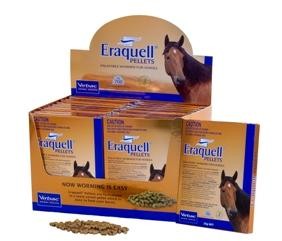
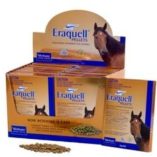
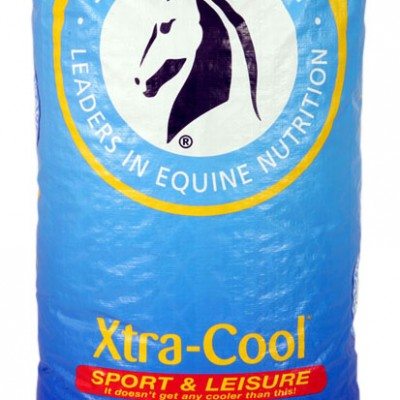
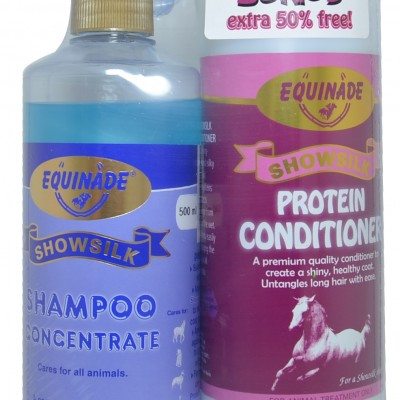
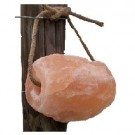
Reviews
There are no reviews yet.